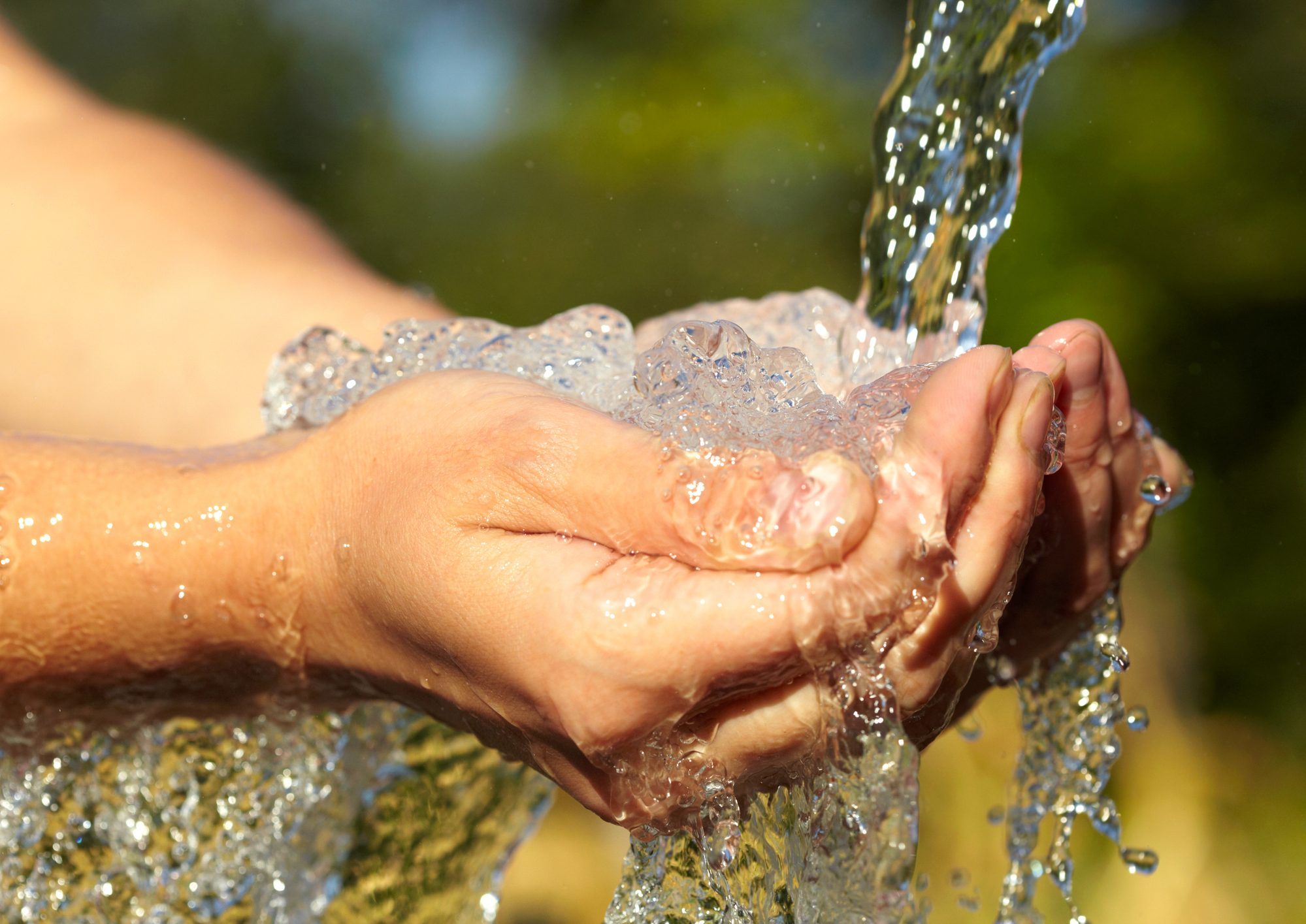
First Nations residents have filed a $2.1 billion class action lawsuit against the federal government claiming that Indigenous peoples have lacked access to clean drinking water for decades.
The lead plaintiffs include Tataskweyak Cree Nation, Curve Lake First Nation, and Neskantaga First Nation. The class action seeks to represent all First Nations in a pair of proceedings, one lodged in Federal Court and the other in Manitoba court. The complaints claim that the federal government has subjected those living in First Nation communities to conditions more like those in developing nations and not in a country known for its vast water resources.
“The emotional and spiritual damage of not having clean water, having to look at all of the water surrounding us on a daily basis and unable to use it, is almost unquantifiable,” said Chief Emily Whetung of the Curve Lake First Nation to Guardian reporters of the class action lawsuit she leads.
The plaintiffs point out that Canada is a wealthy nation, rich in water resources; however, despite past promises to address the lack of clean drinking water available to the First Nations, the issue remains a persistent problem. The class action lawsuits point out that, under colonial-era laws, First Nations have been forced to rely on the federal government for infrastructure support and denied the ability to run their own water systems.
Prime Minister Justin Trudeau campaigned on the promise of improving First Nations’ access to water in 2015, reports the Guardian, but his own federal minister overseeing the effort has admitted that they have fallen far short of the March deadline on that promise.
“It’s unacceptable in a country that is financially one of the most wealthy in the world, and water rich, and the reality is that many communities don’t have access to clean water,” the federal Indigenous services minister, Marc Miller, reportedly told the Guardian.
Indeed, the plaintiffs say that they are surrounded by water that they are unable to use due to decades of failure on the part of the federal government to either provide adequate infrastructure or training to First Nations to supply their own clean drinking water. As a result, many members of First Nations have been subjected to water advisories or have been forced to use unsafe water for drinking, cooking, and bathing.
The First Nations say they have been subjected to various problems with their water supply, including contamination with heavy metals and pollution, as well as with various organisms, bacteria, and parasites. Many allege that they must rely on shipments of bottled water. Others are concerned about the safety of their well water, which has not been tested by the federal government for safety.
The class action lawsuits are seeking damages on behalf of First Nations communities, along with an injunction that would require the Canadian government to fund and implement adequate and effective water systems for First Nations.
Are you a member of the First Nations? Do you lack access to clean drinking water? Tell us about your experience in the comment section below.
The lead plaintiffs are represented by McCarthy Tétrault LLP and Olthuis Kleer Townshend LLP.
The First Nations Clean Drinking Water Class Action Lawsuits are Curve Lake First Nations, et al. v. Attorney General of Canada, Case No. T-1673-19 in the Federal Court of Canada, and Tataskweyak Cree Nation, et al. v. Attorney General of Canada, Case No. CI 19-01-24661 in the Manitoba Court of Queen’s Bench.
ATTORNEY ADVERTISING
Top Class Actions is a Proud Member of the American Bar Association
LEGAL INFORMATION IS NOT LEGAL ADVICE
Top Class Actions Legal Statement
©2008 – 2026 Top Class Actions® LLC
Various Trademarks held by their respective owners
This website is not intended for viewing or usage by European Union citizens.


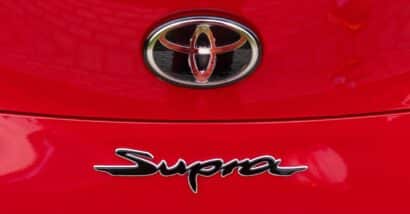
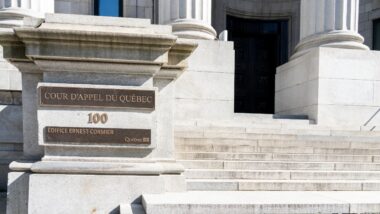
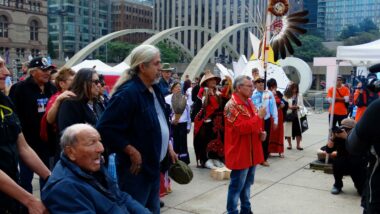

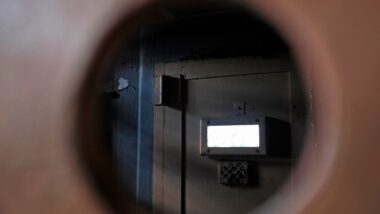



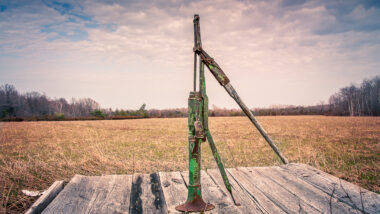
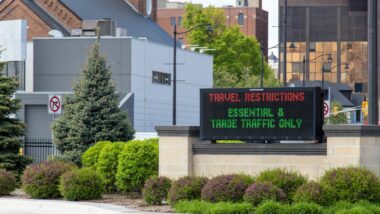

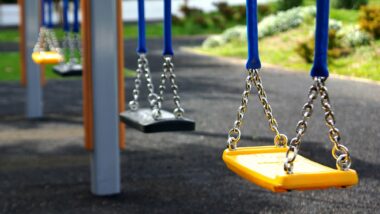

One thought on First Nations File $2.1B Class Action Lawsuit Over Dirty Drinking Water
Saddle lake first Nation….we get our water trucked in from a dirty well…have to boil it to use,not safe to drink,but some people have no choice.